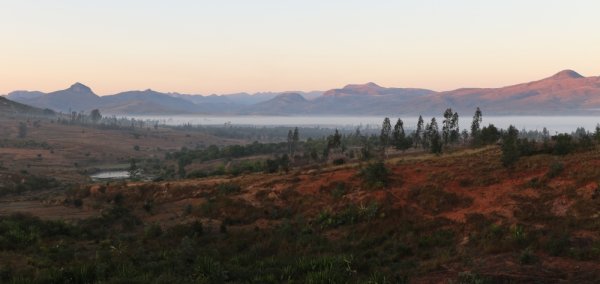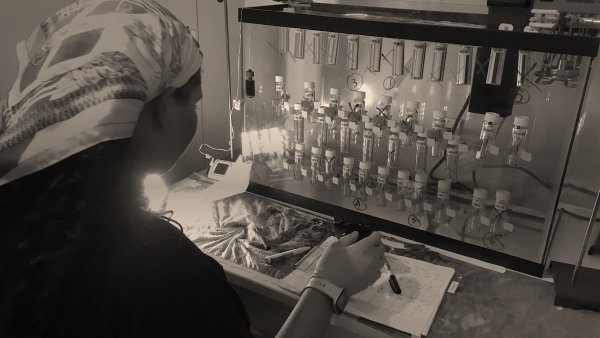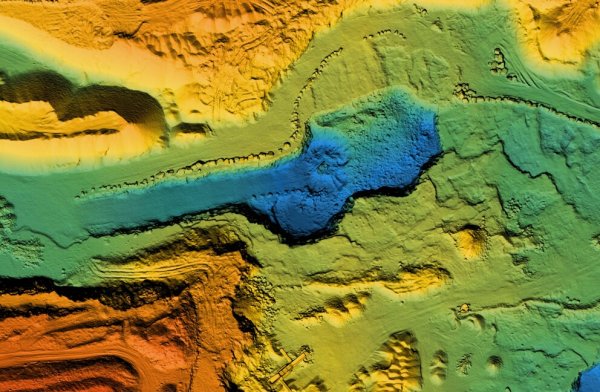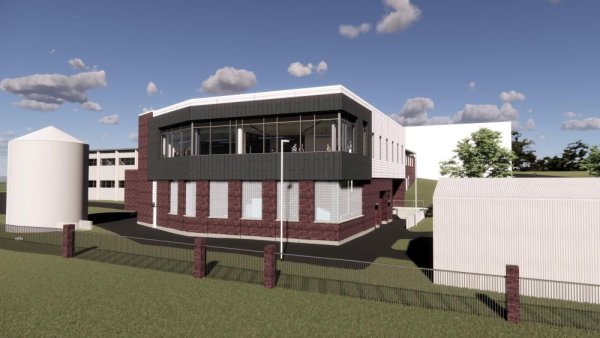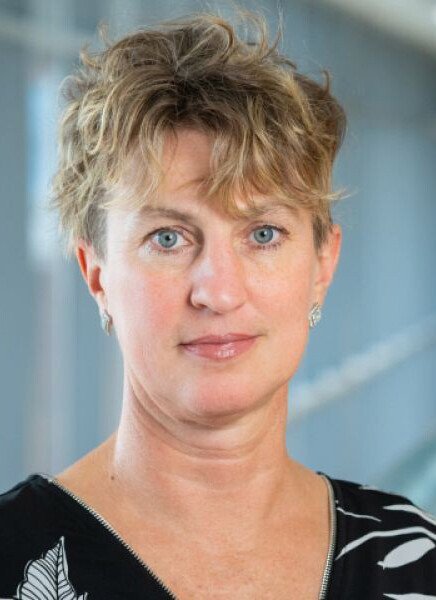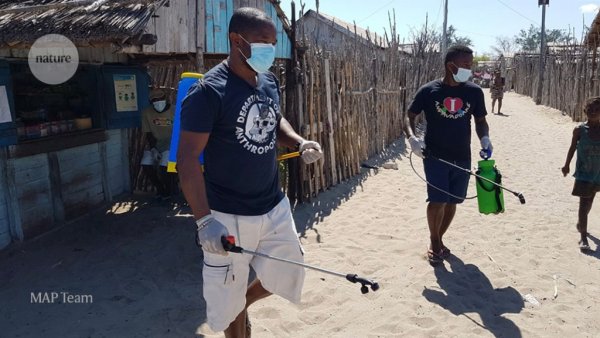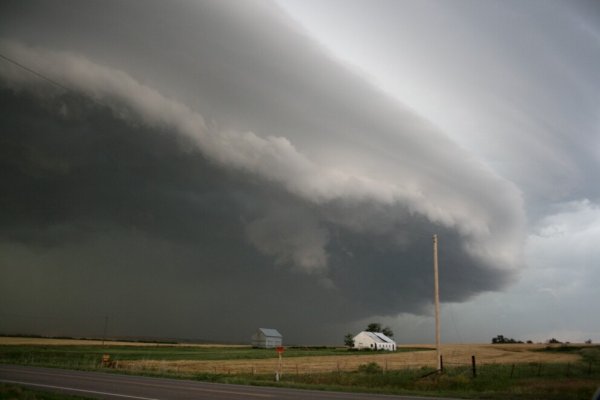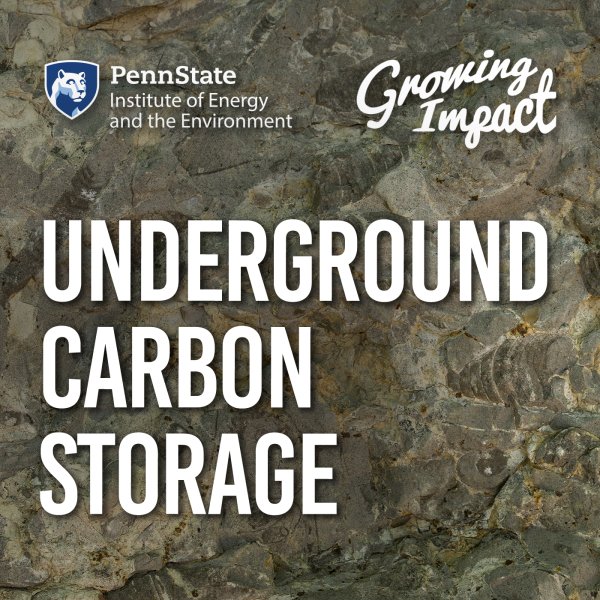Arrivals and Extinctions
| news.ucsb.edu
Madagascar is renowned for its unique and varied biodiversity, which spans dry grasslands, wet rain forests, mangroves and deserts. This variety, combined with the island’s isolation and size, has fostered distinctive assemblages of plants and animals, including the country’s famous lemurs and baobab trees.
Making climate policy models more relevant
| by Wei Peng
To assist climate policy making, the research community has developed a powerful set of tools to combine insights from economics, technology, and climate science. However, according to Wei Peng (School of International Affairs), these tools miss a crucial factor that shapes climate policy in the real world: Politics. She and her team identify eight political insights that are important for the success of real-world climate policy.
Civic Science Fellow
| aplu.org
The goal of the Civic Science Fellows Program is to co-create strong, diverse, and inclusive connections between science and civic life. Civic Science Fellows are emerging leaders from diverse backgrounds, who are hosted by media, scientific, and philanthropic organizations. Host partners work with fellows to catalyze civic science opportunities. The Fellows become a member of a growing network of enthusiastic advocates for science communication, civic science, and public impact research.
A naturally inspired, reusable system that purifies water and builds itself
| news.psu.edu
In nature, the interaction of molecules at the boundary of different liquids can give rise to new structures. These self-assembling molecules can be engineered to perform specific functions — and now, a team of Penn State researchers has leveraged this opportunity to develop a material that could remove persistent pollutants such as PFAS from water.
Freiburg Rising Stars Academy – Connecting International Researchers to Freiburg Scientists
| uni-freiburg.de
The Freiburg Rising Stars Academy is your door opener to the University of Freiburg. In 2021, we are welcoming early-career scientists from the fields of Materials Science, Chemistry, Biology, Genetics, Informatics, Physics, Engineering, Microscopy, Medicine, and related interdisciplinary fields to apply as Rising Stars.
Global warming may limit spread of dengue fever, new research finds
| news.psu.edu
Infection with dengue virus makes mosquitoes more sensitive to warmer temperatures, according to new research led by Penn State researchers.
The ethics of remote sensing in archaeology
| news.psu.edu
When using modern technology in archaeology, researchers can cause potential harm to the communities they are observing. A recent paper led by a team of Penn State researchers explores the ethics of archaeological remote sensing in sacred cultural spaces.
Nuclear science, engineering spark collaborations across Penn State and beyond
| psu.edu
The Radiation Science & Engineering Center, home to the Breazeale Reactor —the nation’s first licensed and longest continuously operating nuclear research reactor — is expanding to accommodate an equipment donation valued at $9.8 million and to facilitate more advanced neutron beam research as well as the growth of nuclear engineering at Penn State.
New assistant professor to measure impact in machinery, culture
| psu.edu
Tamy Guimarães, a new assistant professor in the Penn State Department of Mechanical Engineering who joined the faculty in July, aims to explore enhanced instrumentation for machines, and to inspire and support underrepresented groups in engineering.
Professor of Geosciences Jennifer Macalady named Ecology Institute director
| news.psu.edu
Microbe expert Jennifer Macalady, professor of geosciences, has been appointed director of Penn State’s Ecology Institute, effective July 1. Macalady replaces outgoing director Erica Smithwick, who oversaw the research unit for the past five years.
These archaeologists helped quell a COVID surge in Madagascar
| nature.com
As a wave of infections threatened rural communities, the scientists stepped in to fund and distribute aid.
Horizontal winds become major movers of CO2 during cold fronts
| news.psu.edu
What happens to atmospheric carbon dioxide when a cold front moves in has largely remained a mystery, but Penn State-led research is offering new insights that may help improve global carbon models.

